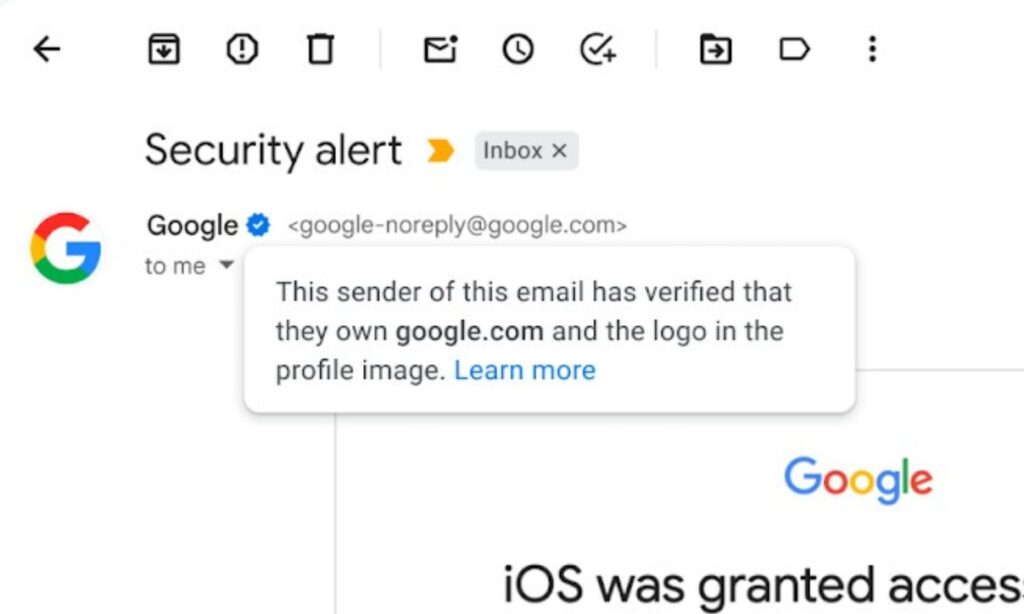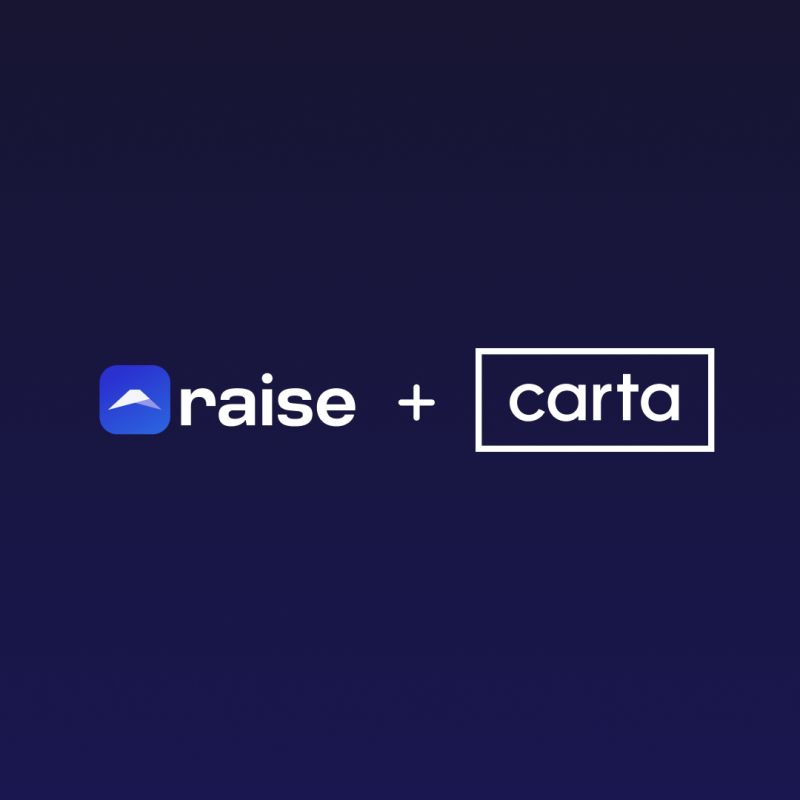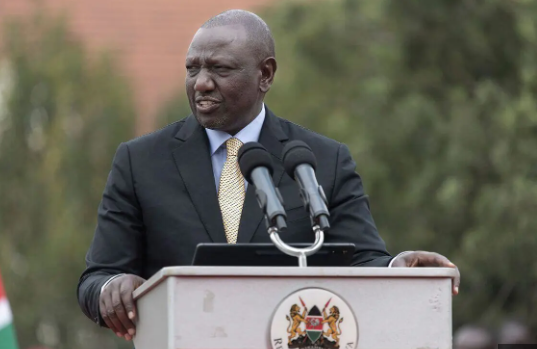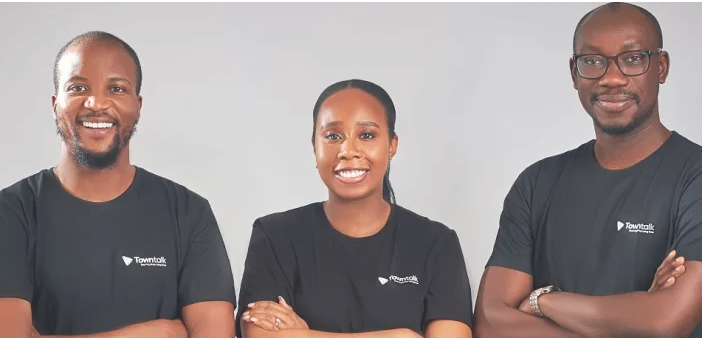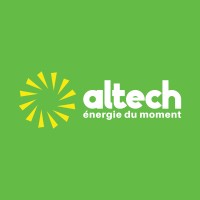Towntalk, based in Nigeria, has developed a wide variety of AI-based risk mitigation strategies for the security, logistics, and agricultural sectors in Africa by utilising “hard to collect” location data.
Towntalk was founded in 2020, and since then, it has developed a “data ecosystem” that benefits from strategic alliances with other top security firms, including the French firm Amarante International.
The startup was founded to address the issue around the lack of data on the continent, specifically the lack of location and behavioural data required to make effective risk-based decisions, such as those pertaining to security incidents, traffic, and road condition. It was one of 12 companies selected for the inaugural ARM Labs Lagos Techstars accelerator earlier this year.
For Towntalk CEO Folake Edun., “literally any data that affects the safety and mobility of individuals and goods” fits the bill.
Read also: Nigeria’s Dojah launches new anti-fraud product for digital enterprises
Further Competitive Companies In Par with Towntalk
Companies like Gro Intelligence and Pula are in direct competition with us because they are also using data on the continent to assist support better decision making. However, our data’s granularity and nature imply that our rivals can use our data infrastructure to augment their own products.
The Towntalk group has extensive knowledge in this area. Edun spent six years in risk management at Deloitte UK before returning to Nigeria to work for Africa Finance Corporation and then Chapel Hill Denham; similarly, both the company’s chief technology officer and chief operating officer have extensive experience in their respective fields.
In 2020, the company secured a US$285,000 pre-seed fundraising round from venture capitalists and angel investors.
However, since then, we have used our data infrastructure to earn over US$700,000 in revenue from enterprise sales by offering services in travel planning, security mapping, and asset monitoring. According to Edun, all of this information is used to inform future technological advancements and the running of current business operations.
“Our technology has been successfully used for enterprise sales, and we’ve organically generated substantial sales in this space. However, to help with building a more sustainable revenue stream, we recently launched an insurance-related product into the market, and it was immediately picked up by two leading insurance companies who want to partner with us to deliver the solution. Starting with Goods in Transit for Nigeria’s logistics industry, this solution will allow our insurance partners to make use of our data infrastructure in order to better price risk and analyse claims.
Experts charge Tanzania media owners to invest in technology
More in the Establishment
Towntalk is a data collection company based in Nigeria that also collects information from Mali, Burkina Faso, Ghana, Benin, Niger, and Togo.
Over 320,000 data points on security incidents, traffic incidents, weather, road conditions, and more have been collected to date to power our solution. We intend to expand across the African continent using our scalable platform, but we remain committed to data as the driving force behind the business.
Towntalk’s insurance and security company partners participate in a revenue-sharing scheme.
According to Edun, “We provide our technology to our partners to enable them to leverage the data and insights to provide solutions to their clients, in exchange for a cut of revenue for every solution sent via our platform.”
She claimed that gathering the data was the most challenging aspect of working for Towntalk.
As was previously indicated, security-related information is notoriously difficult to obtain in this part of the world. And when it is accessed, it is highly disorganised and sometimes tainted with a great deal of bogus news, which greatly reduces the data’s value, as Edun put it.
“We have spent a lot of time making sure our infrastructure is as strong as possible, collecting data from a wide variety of online and offline sources, and establishing relationships with other businesses that help our data ecosystem thrive, such as partnerships with security firms.”




